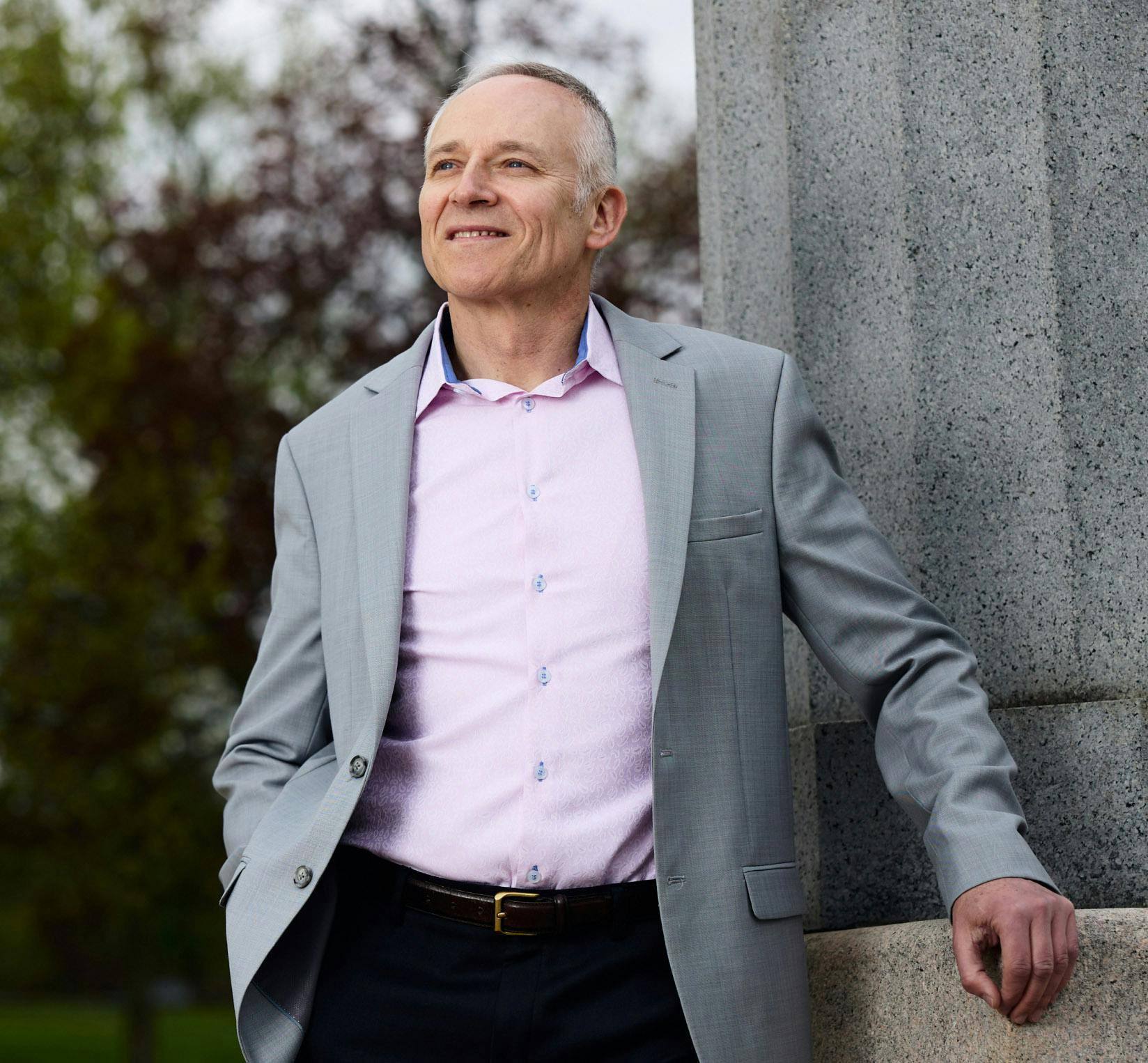Ultherapy is a cutting-edge, non-surgical solution for firming loose skin. It harnesses the power of ultrasound waves to gently trigger renewed collagen and elastin production, effortlessly rewinding the clock on aging without anesthesia, injections, incisions, downtime, or scarring.
What Is Ultherapy?
This “Gold Standard” in non-invasive facial tissue-lifting technology can allow you to develop a more sculpted appearance in just one hour. Ultherapy revitalizes and firms the skin on your neck, chin, brow, and decolletage area without the need for needles or scalpels. Dr. Fechner was one of the first in New England to acquire this technology after it received FDA approval. Our seasoned medical aestheticians have years of experience delivering hundreds of successful Ultherapy treatments. This treatment is based on ultrasound technology, the same sound waves used to harmlessly scan the body for medical imaging purposes.
Micro-focused ultrasound energy tightens and lifts the deep foundational layer of tissue that doctors address in surgery. Energy is discretely and precisely deposited at multiple depths, heating tissue to an optimal level. A safe and effective alternative to a facelift or neck lift without a lengthy recovery, many patients see an improvement immediately after the treatment with further improvements observed over the following weeks as new and firm collagen is produced.









